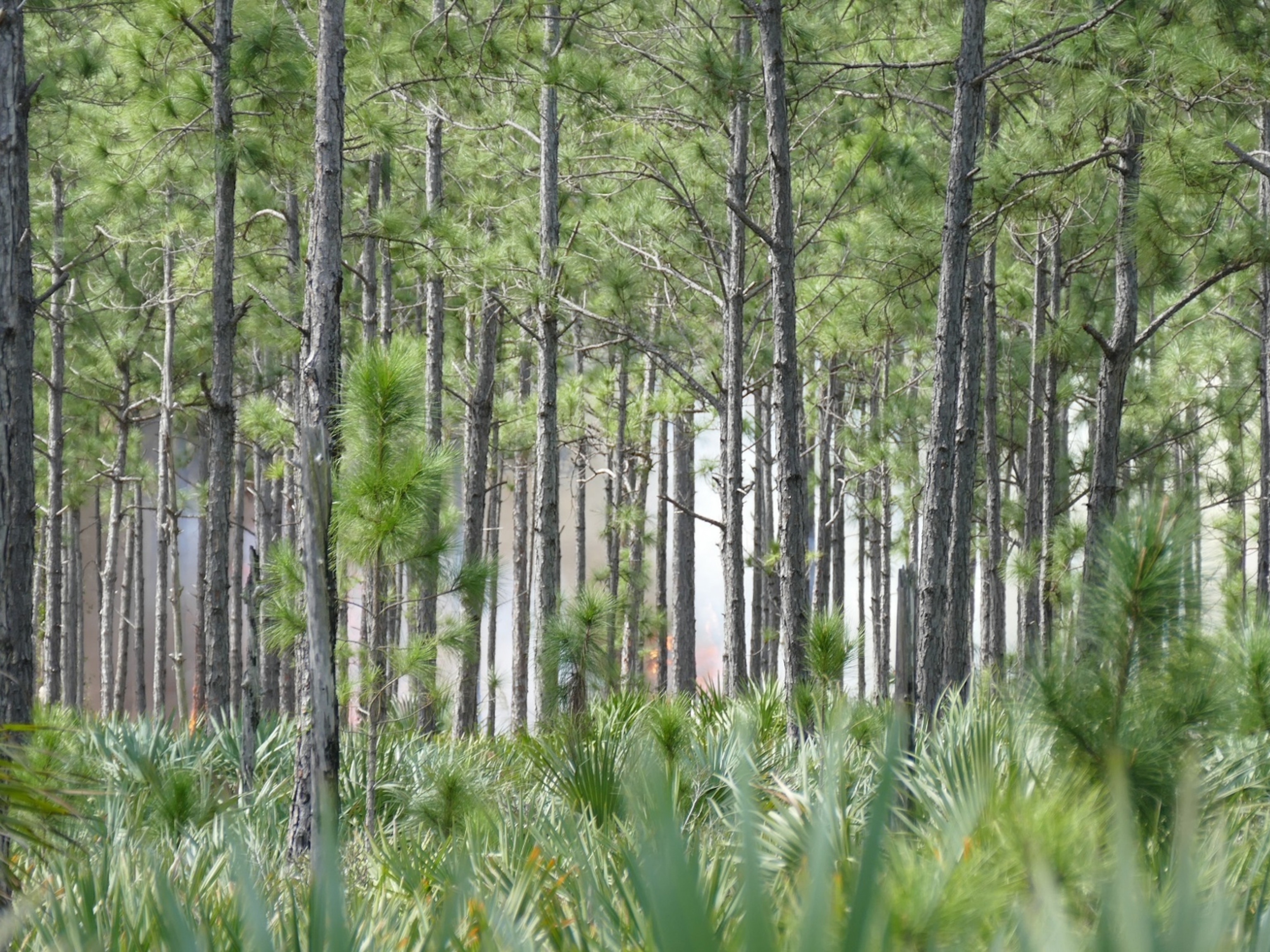
Florida by Land: Be a Citizen Scientist
Citizen scientist data collection give visitors the opportunity to experience the state in an even more meaningful way.
No science degree is required to participate in important research and preservation efforts designed to protect Florida’s flora and fauna. Citizen scientist data collection and survey projects are available statewide and give visitors the opportunity to experience the state in an even more meaningful and memorable way.
Invasive Lionfish Program, Reef Environmental Education Foundation (REEF), Key Largo
Nonnative, or exotic, fish species can harm Florida’s native ecosystem. One of the most notorious of these invaders is the Indo-Pacific lionfish, which is beginning to cause dramatic ecological and economic impacts to marine habitats throughout the Florida Keys, as well as the western Atlantic, Caribbean, and Gulf of Mexico. “Lionfish have voracious appetites, reproduce rapidly, and lack controlling predators,” says Martha Klitzkie, REEF director of operations. “Recreational snorkelers and divers can help combat this exotic species on their next vacation to the Florida Keys by attending a lionfish collecting and handling workshop, reporting any lionfish sightings and removals online, assembling a team to participate in a REEF Lionfish Derby, or ordering lionfish at a local restaurant or catching and preparing a lionfish dinner using a recipe from REEF’s Lionfish Cookbook.” Visit REEF’s headquarters in Key Largo to learn more or to pick up lionfish collection-and-handling equipment such as pole spears, nets, dry bags, and puncture-resistant gloves.
Audubon Jay Watch, Audubon Florida, Various Locations
If you’re a snowbird in Florida, consider getting involved in your home-away-from-home community by becoming a Jay Watch volunteer. You’ll be trained by Audubon Florida to do scientific assessments of nesting success and counts of Florida scrub-jays at about 50 sites in 19 counties. Since the early 1800s, the state's population of Florida scrub-jays is estimated to have declined by 90 percent. “The Florida scrub-jay, the state’s only endemic bird species, is threatened, largely due to the loss of its native scrub habitat,” says Audubon Florida communications manager Jonathan Webber. “Jay Watch is a Florida outdoor experience like none other. It offers volunteers the opportunity to complete important citizen science work and help protect a bird found nowhere else in the world, all while enjoying some of the state’s most magnificent public lands.” Jay Watch trainings are conducted multiple times a year in various locations throughout the state.
You May Also Like
Go Further
Animals
- This ‘saber-toothed’ salmon wasn’t quite what we thoughtThis ‘saber-toothed’ salmon wasn’t quite what we thought
- Why this rhino-zebra friendship makes perfect senseWhy this rhino-zebra friendship makes perfect sense
- When did bioluminescence evolve? It’s older than we thought.When did bioluminescence evolve? It’s older than we thought.
- Soy, skim … spider. Are any of these technically milk?Soy, skim … spider. Are any of these technically milk?
- This pristine piece of the Amazon shows nature’s resilienceThis pristine piece of the Amazon shows nature’s resilience
Environment
- This pristine piece of the Amazon shows nature’s resilienceThis pristine piece of the Amazon shows nature’s resilience
- Listen to 30 years of climate change transformed into haunting musicListen to 30 years of climate change transformed into haunting music
- This ancient society tried to stop El Niño—with child sacrificeThis ancient society tried to stop El Niño—with child sacrifice
- U.S. plans to clean its drinking water. What does that mean?U.S. plans to clean its drinking water. What does that mean?
History & Culture
- Meet the original members of the tortured poets departmentMeet the original members of the tortured poets department
- Séances at the White House? Why these first ladies turned to the occultSéances at the White House? Why these first ladies turned to the occult
- Gambling is everywhere now. When is that a problem?Gambling is everywhere now. When is that a problem?
- Beauty is pain—at least it was in 17th-century SpainBeauty is pain—at least it was in 17th-century Spain
Science
- Here's how astronomers found one of the rarest phenomenons in spaceHere's how astronomers found one of the rarest phenomenons in space
- Not an extrovert or introvert? There’s a word for that.Not an extrovert or introvert? There’s a word for that.
- NASA has a plan to clean up space junk—but is going green enough?NASA has a plan to clean up space junk—but is going green enough?
- Soy, skim … spider. Are any of these technically milk?Soy, skim … spider. Are any of these technically milk?
Travel
- Could Mexico's Chepe Express be the ultimate slow rail adventure?Could Mexico's Chepe Express be the ultimate slow rail adventure?
- What it's like to hike the Camino del Mayab in MexicoWhat it's like to hike the Camino del Mayab in Mexico




